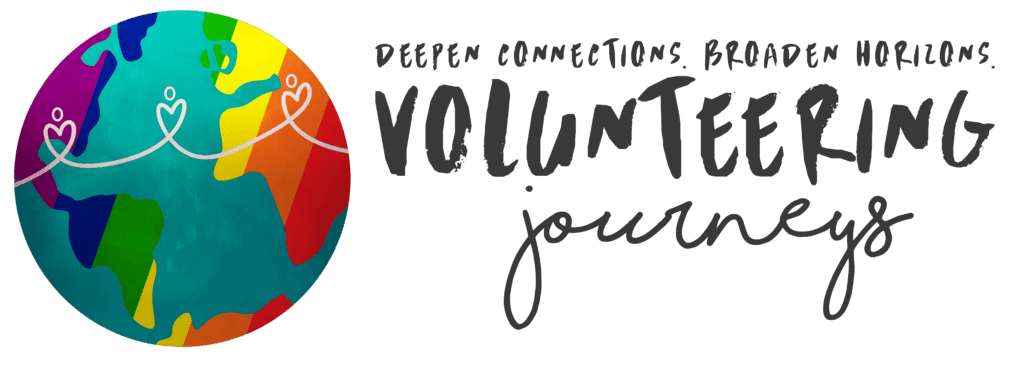Child Protection Policy
Volunteering Journeys is fully committed to safeguarding and promoting the wellbeing of children and vulnerable adults we work with. It is mandatory for all our volunteers to get a Police Check or DBS sent to us before arrival. All volunteers are expected to read this policy and follow this so we can protect individuals at all the projects and locations we work in.
A child is defined as a person under the age of 18 (The Children Act 1989).
A vulnerable adult is defined as a person who is or may be in need of community care services by reason of mental or other disability, age or illness, and who is or may be unable to take care of him or herself, or unable to protect him or herself against significant harm or exploitation.
The aim of our Child and Vulnerable Adult Protection Policy is to promote good practice:
- Providing children and vulnerable adults with appropriate safety and protection if working with Volunteering Journeys.
- Allow and helping all staff and volunteers to make informed and confident responses to specific child and vulnerable adults protection issues.
Some good practice volunteers should follow:
- All staff and volunteers must work in an open environment and remain visible when working with children and vulnerable adults, e.g. avoid private or unobserved situations, whenever practical and possible, and ensure that another adult is present when working in the proximity of children and vulnerable adults.
- Discuss and listen to any issues or concerns
- Respect each individual’s boundaries and right to personal privacy
- Be sensitive about taking photographs and always ask permission
- Remember that someone else might misinterpret their actions
- Be aware of situations which may present risks and minimise these
- Try not to display any personal emotions which could be distressing for the children / vulnerable adults (including crying when leaving at the end of your placement)
- Ensuring that if any form of manual / physical support is required, it should be provided openly
- Inform the local staff if they witness or suspect inappropriate behaviour by someone else
- Maintaining a safe and appropriate distance (e.g. it is not appropriate for staff or volunteers to have an intimate relationship with a child or a vulnerable adult or to share a room with them).
- Giving enthusiastic and constructive feedback rather than negative criticism.
- All lesson and seminar areas must be smoke and alcohol free.
Practices that should be avoided by volunteers include:
- Avoid spending time alone with children or vulnerable adults away from others.
- Avoid taking or dropping off a child or vulnerable adult to an event or activity.
- Allow or engage in any form of inappropriate touching.
- Develop relationships with children or vulnerable adults which could in any way be deemed exploitative or abusive
- Condone, or participate in behaviour of children or vulnerable adults which is illegal, abusive or exposes them to danger
- Allow any rough or dangerous play, bullying, or the use of bad language or inappropriate behaviour
- Make sexually suggestive comments to a child, even in fun.
- Show favouritism to any individual or give excessive gifts (donations should be made via the project)
- Administer any medication or health products (this should be done by local staff)
- Invite or allow children or vulnerable adult to stay with you at your home unsupervised
For our detailed child protection policy and how we report abuse to relevant authorities please mail us hello@volunteeringjourneys.com
Connect!
Our newsletter
Stay updated with the latest news on what we are upto. Promise we won’t spam your inbox!
Our brochure
To get an overview of all our destinations and programs you can download our latest brochure

